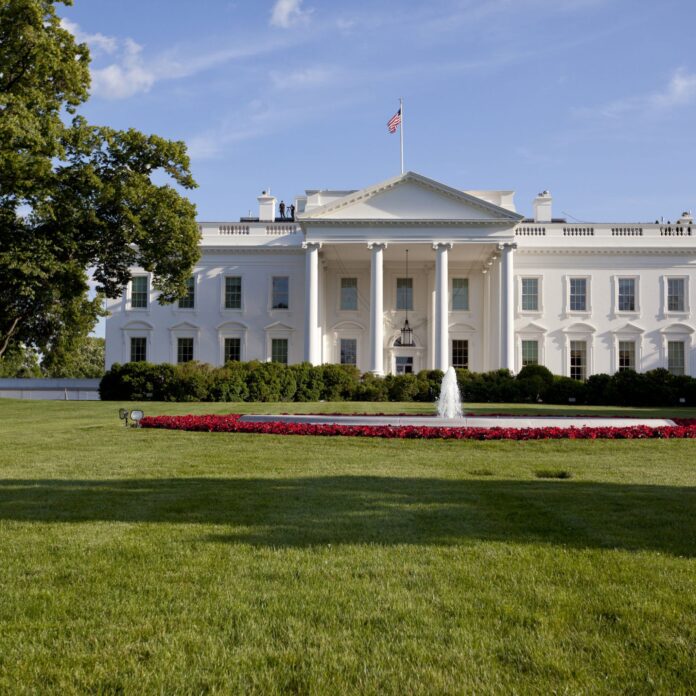The White House blocked the sale of a California maker of gallium nitride technology to a company partly controlled by the Chinese government. Gallium nitride is a power-efficient alternative to silicon that is being used to make chips used for envelope tracking for LTE base stations, as well for DC-DC converters for telecom equipment. It is also used for light distancing and ranging.
Gallium nitride technology can also be used to make semiconductors for military applications. Germany’s Aixtron SE is a developer of gallium nitride-based solutions and part of its business is located in Silicon Valley. This is the part the U.S. government can control when it comes to matters of national security.
Late last week, the U.S. Treasury Department said President Barak Obama will block to sale of Aixtron’s U.S. business to Fujian Grand Chip, which the administration describes as “a German limited liability company ultimately owned by investors in China.”
“The national security risk posed by the transaction relates, among other things, to the military applications of the overall technical body of knowledge and experience of Aixtron, a producer and innovator of semiconductor manufacturing equipment and technology and the contribution of Aixtron’s U.S. business to that body of knowledge and experience,” the Treasury Department said in a statement.
The German part of Aixtron may still be sold to Grand Chip if Aixtron sells its U.S. business. Fujian Grand Chip originally agreed to pay roughly $715 million for Aixtron, a price which will presumably be renegotiated if the deal does not fall apart. According to Reuters, more than 80% of Aixtron’s workforce is in Germany.
If the sale of Aixtron goes through, it is unclear how much intellectual property will be excluded from the deal by the U.S. government action. According to the Treasury Department, the White House is concerned about metal-organic chemical vapor deposition systems used to build compound semiconductor materials.
“The President took this action pursuant to section 721 of the Defense Production Act of 1950, as amended by the Foreign Investment and National Security Act of 2007 (Section 721),” the Treasury Department said. “Section 721 authorizes the President to suspend or prohibit certain acquisitions of U.S. businesses by foreign persons where he finds that there is credible evidence that the foreign interest exercising control might take action that threatens to impair national security.”
Follow me on Twitter.

